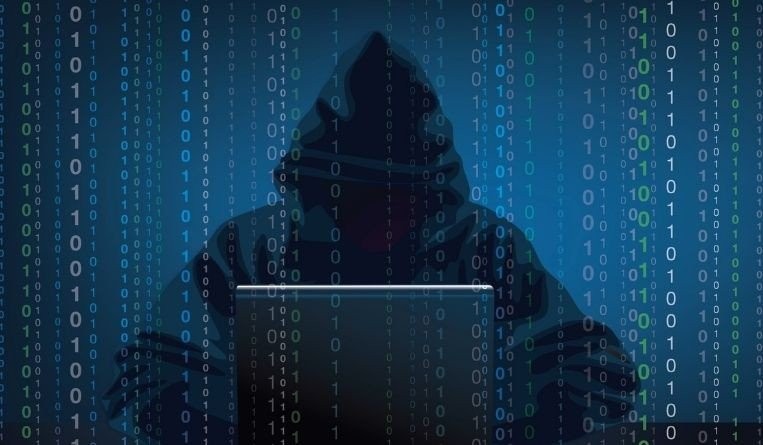IPOPHL Sets Counterfeiting and Piracy As Urgent
30 November 2020

With the unprecedented surge of complaints amid the pandemic, IPOPHL Director General Rowel S. Barba certifies addressing the issue as “urgent in order to protect consumers and rights holders accordingly.” It is thus high-priority for the agency to set in place new rules that will provide it with a wider online monitoring authority and be able to prevent IP rights violators from making a sale.
"The IP Rights Enforcement Office (IEO) will soon forward to me the draft on its proposed updates to the 2013 Rules and Regulations on Enforcement. We will finalize and issue the new Rules as soon as practicable,” Barba said. “The primary objective of the revision is to add more disruptive enforcement functions to the IEO, such as clearly including online counterfeiting and piracy in its coverage, coordinating with the National Telecommunications Commission to take down IP- rights offending posts and monitor marketplaces proactively based on findings of the IPOPHL, and elevate issues found to IP rights owners.”
Moreover, IPOPHL is being heavily consulted in the creation of an agreement between eCommerce platforms and select rights holders for a protocol on the takedown of posts when illicit content or products are sold or posted for sale in their platforms.
“Specifically, through the agreement, a notice and takedown system and procedure will be developed by online platforms to more swiftly address reports on counterfeit goods and pirated materials being sold online. We hope it will be signed soon this year once the remaining issues are resolved,” Barba added.
Meanwhile, IPOPHL Deputy Director General Teodoro C. Pascua lauded online marketplaces for their close cooperation with IPOPHL especially during the quarantine.
“I think since the push against counterfeits and piracy has been heightened as a national effort spearheaded by IPOPHL and the interagency National Committee on IP Rights, the efforts of principal e-commerce platforms have also improved and levelled up,” Pascua said.
Nevertheless, the surge in complaints and reports received by the IEO demonstrates the need for government to legislate and institutionalize more policies that can effectively prevent counterfeiters and pirates from entering and exploiting especially the online market.
One measure seen to improve the commerce environment, and which the IPOPHL strongly supports, is the solidary liability pushed in the Internet Transactions Bill or House Bill 6122. The IPOPHL is also keen on supporting the version of this bill before the Senate.
The adoption of a solidary liability principle would put platforms and service providers entirely accountable for the infringing acts of their client-sellers.
“A strong support for solidary liability will all the more compel platforms to be more consumer and IP rights-friendly. We can calibrate it in the future but for now, especially with the exodus to e-commerce and the overwhelming data on deceptive practices sprawling in these platforms, a steadfast and strict position on their liability must be maintained,” Pascua added.
Excel V. Dyquiangco






